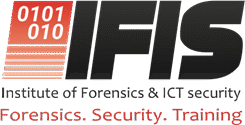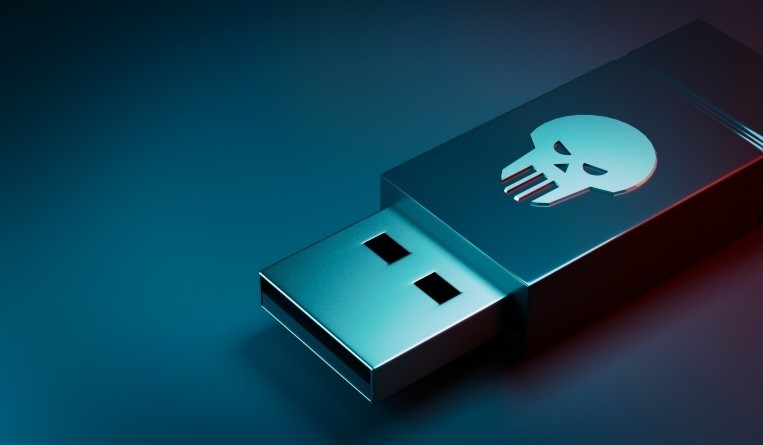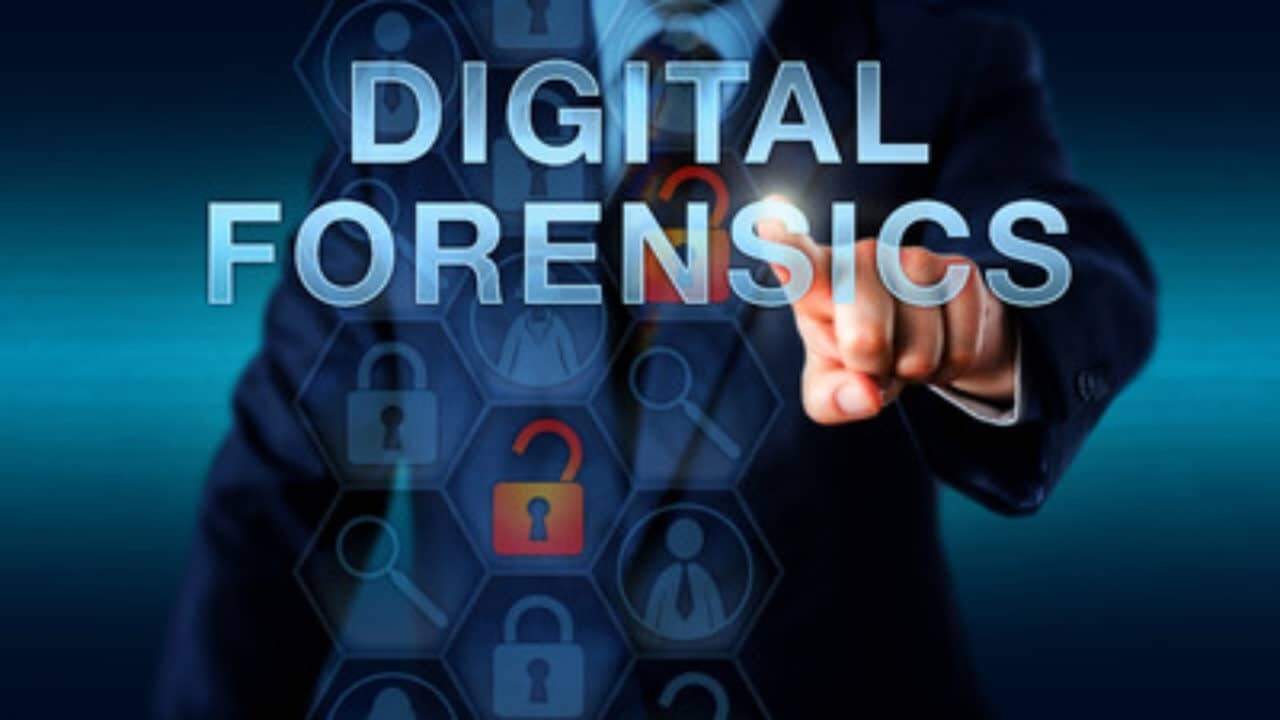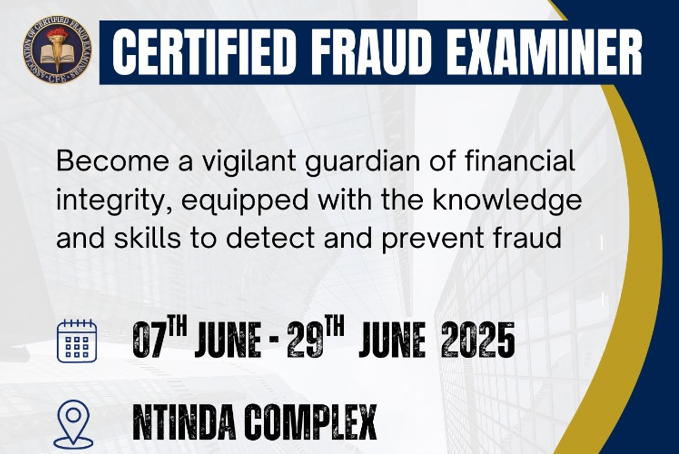Every business in Uganda is one fake invoice away from collapse.
From SMEs in Ntinda to NGOs in Gulu, fraud is not just a financial problem. It’s a survival threat. And the truth is, most businesses won’t see it coming until it’s too late. That’s where Certified Fraud Examiners (CFEs) come in. They bring not just investigations, but a toolkit every serious enterprise needs to build fraud resistance from the inside out.
Fraud is not an event. It’s a process.
No fraudster walks in wearing a sign reading “I am a fraudster”. They study your loopholes. They exploit weak controls. They whisper, “This is how we’ve always done it.” Then they vanish with your money.
CFE training equips professionals to interrupt that process early, surgically, and with finality.
Inside the toolkit: Practical CFE skills every business must adopt
a) Fraud risk assessment
(i) Identify high-risk processes: procurement, payroll, and mobile money disbursements
(ii) Score them for likelihood and impact
(iii) Build a fraud risk register that goes beyond generic checklists
b) Forensic document review
(i) Detect manipulated supplier invoices and cloned contracts
(ii) Verify vendor legitimacy against URSB and URA records
(iii) Spot template fraud, same fonts, same printers, same lies
c) Digital evidence gathering
(i) Recover deleted emails, WhatsApp chats, and manipulated PDFs
(ii) Map internal collusion between staff and external actors
(iii) Build evidence admissible in court
d) Interview and confession techniques
(i) Spot deception through inconsistencies and evasion
(ii) Apply behavioural analysis to break down cover stories
(iii) Convert suspects into state witnesses
e) Fraud reporting and prosecution
(i) Draft airtight case files with timelines, evidence chains, and loss estimates
(ii) Present findings to CID, IGG, and internal disciplinary committees with clarity and confidence
(iii) Push for asset recovery not just suspensions and transfers
3) Case in point: a silent fraud in a Kampala logistics firm
A mid-sized logistics company in Nakawa lost UGX 91 million in “ghost warehouse rental fees.” Their internal accountant, in collusion with a junior procurement officer, fabricated lease agreements with a fictitious landlord.
What stopped the bleeding? A newly certified CFE on the board noticed inconsistent TIN records and launched an internal probe. The suspects were arrested. Money recovered. Culture changed.
Every business has three choices
(i) Hire a CFE or a CFFP (https://forensicsinstitute.org/course/certified-fraud-forensic-professional-cffp-2/).
(ii) Train your key staff as CFEs or CFFPs.
(iii) Wait to be defrauded.
Fraud does not discriminate. It doesn’t care if you are an NGO, SACCO, or a tech startup in Bugolobi. But CFEs do. They bring structure, foresight, and accountability.
If your accountant can’t detect fraud, they are a risk.
If your procurement team doesn’t understand red flags, they are a liability.
It’s time to equip your team with the CFE toolkit. Because fighting fraud is not a department, it’s a discipline.
And those who master it win.
Become a CFE now






